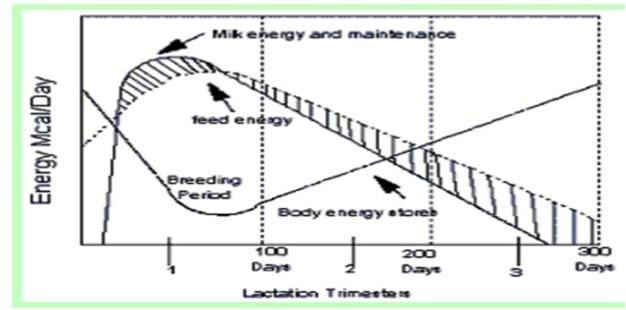Dairy farmers can earn a lot of money if they take care of their cows scientifically. We all know animal husbandry has been a profession in India for generations.
Milk is not the only source of income in cow husbandry. Cow dung and cow urine are highly sought-after items in organic farming. If the dung is dried and sold in bags, the villagers get up to Rs. 150 per sack. Cow urine and Panchagavya are similarly sold in the organic sector.
The farmer can generate income by giving milk at homes and in dairy groups. If you want, you can make more money in the form of value-added products like buttermilk, yoghurt and ghee. These are also in high demand in hotels and restaurants. All this is to show that cow breeding is still a very promising occupation. With four or five cows, a family can make a living without any hassle.
In the previous article, the topic was selected during the maternity care of the cow. The main focus was on how the cow should be fed from the time of calving till the next calving. The two phrases, Steaming Up and Challenge Feeding, needs some explanation. It seems necessary to describe them briefly in this article.
Let’s see what is streaming up. Milking should be stopped two months before calving. After stopping milking, they should be given only limited food during the rest period. But the cow needs to be given more feed after calving. The cow should be introduced to the transition from limited feed to more feed.
It takes 10 to 15 days for the rumen, one of the four compartments of the cow’s stomach, to adapt to the new feeding pattern. Microbes that accelerate digestion need about the same amount of time. Therefore, cows need to be weaned from 10 to 15 days before gradual feeding with 3 to 4 kg of postpartum feed. This process is called steaming up, which dairy farmers need to be introduced to. Cows trained in this manner do not experience digestive problems and deficiency in milk production.
Now let’s see what the challenge diet is. Cows can give more milk up to 60 days after calving. During this time, farmers should increase an additional half a kilogram of feed every four to five days. It is like challenging a cow to give more feed and press more milk.
This is why it is known as the Challenge Feeding Scheme. If it is found that the milk production does not increase even after a certain limit, the feeding should be stopped there. Then try to increase milk production by giving more nutritious fodder.
Dairy farmers can get more expert advice on cow feed from the institutes affiliated to the Animal Husbandry Department, Dairy Associations, Agriculture Officer or Veterinary Physicians.
Cattle rearing has been for many people in India for a long time. A family can live comfortably if they rear for five cattle. They can earn money by selling milk cow dung curd ghee, etc. To get maximum milk production, farmers have to follow steaming up and challenge feeding.
Source : Krishi Jagran written by Prof Rajendra Kumar

